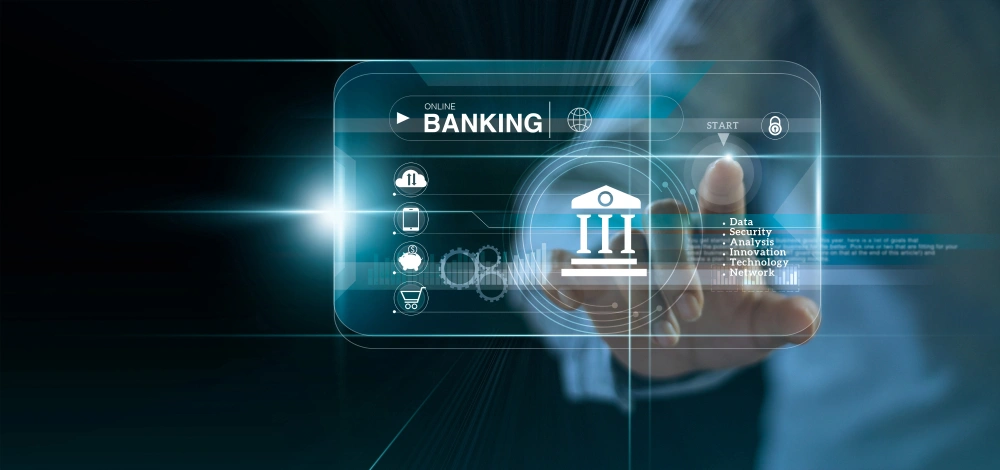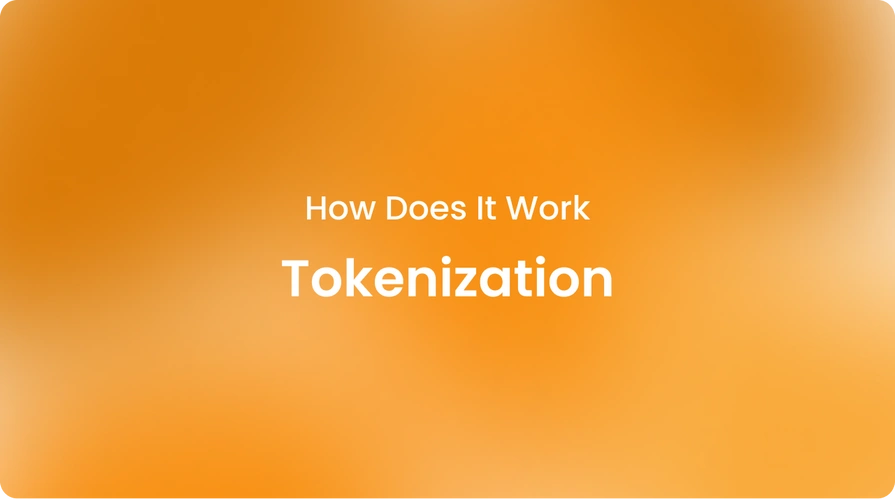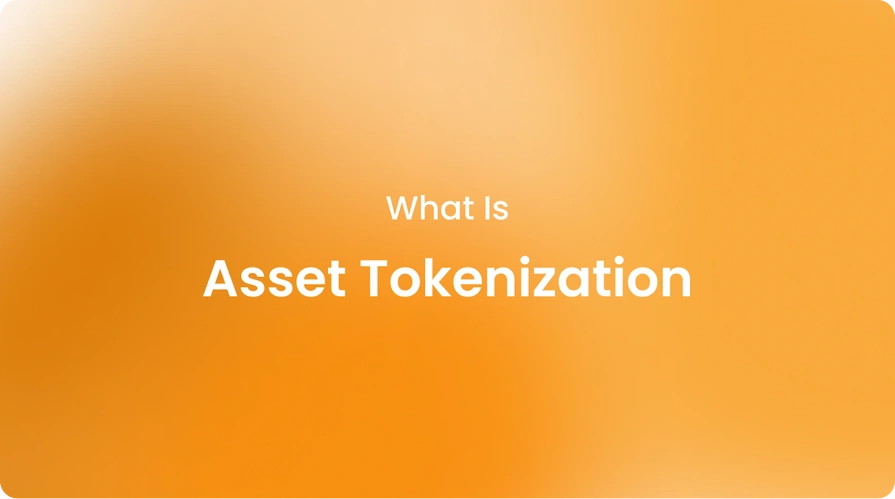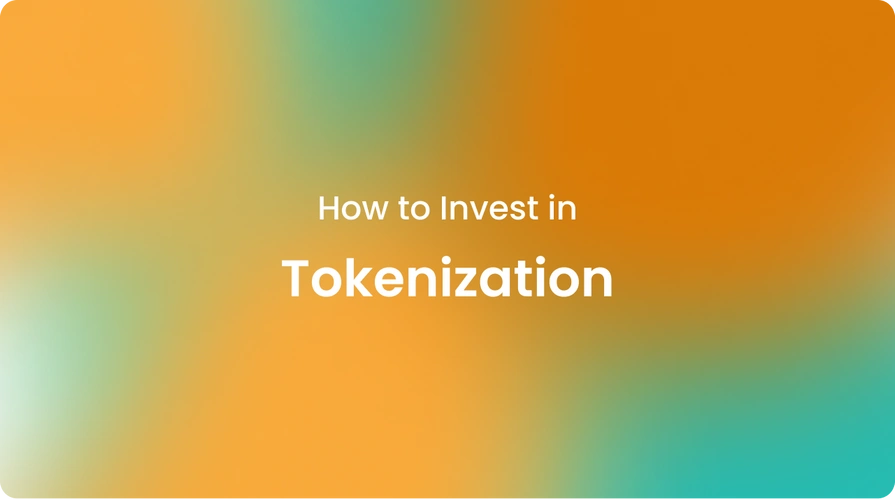|knowledgehub, technology
What Is Tokenization in Digital Banking?
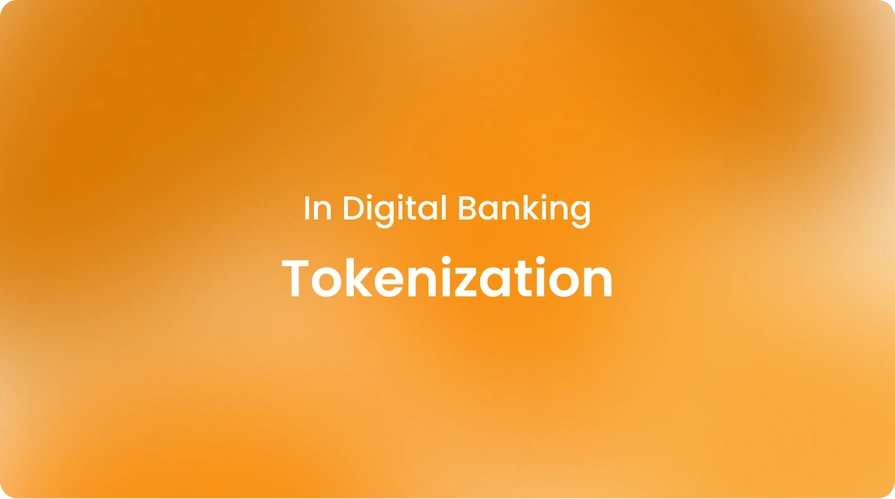
Tokenization in digital banking and finance has become an increasingly important concept over the past few years. But what is tokenization, and how can it benefit both financial institutions and customers?
Join us in this article as we explore the basics of tokenization, how it works, and how some banks are already leveraging this technology. Tokenization refers to the process of replacing sensitive data like credit card numbers and bank account details with unique identification tokens.
When implemented properly, tokenization aims to increase security and privacy for digital financial transactions. Instead of exposing actual account numbers, it substitutes them with strings of characters that have no intrinsic or exploitable meaning.
What is tokenization, and how does it work?
The tokenization process at a technical level replaces primary account numbers (PANs) with unique tokens. First of all, a bank will collect the relevant payment details from a customer during enrollment. Then, their backend system will generate a unique token to represent that specific card or account.
The bank stores this token and the tokenized data in a secure vault separate from other systems. From then on, any reference to the payment information within the bank's digital services will instead use the token.
The actual PAN remains encrypted in the vault unless needed for transaction processing. Even in those cases, the bank's partners only see the tokenized data and not the underlying primary account details.
There are different types of tokens, such as crypto tokens, security tokens and NFTs, and also different types of tokenization processes for a wide range of transactions. Real estate tokenization and asset tokenization are some of them for tokenized payments.
What is tokenization in the financial industry?
Several areas within financial services have begun experimenting with tokenization models.
Here are some of them:
Capital markets
Tokenizing assets like bonds, equities, and funds could streamline capital raising, private market access, and securities lending and borrowing. Tokenized real estate deals and supply chain financing already utilize this technology.
Payments
Stablecoins backed 1:1 by fiat currencies allow for faster international money transfers at lower costs compared to legacy rails. For example, a euro stablecoin enables transparent digital euro transactions.
Lending
Digital loans represented on blockchain could simplify and automate parts of the lending lifecycle, from underwriting to repayment. It could expand access to new borrower demographics.
Banking infrastructure
Tokenizing cash and liquidity has the potential to remove friction from interbank settlement, allowing transactions to occur 24/7 instead of during traditional banking hours. Cryptobunq offers custody and wallet, exchange API and more solutions for banking integration.
Asset management
Cryptocurrency tokenization could streamline fund administration, portfolio accounting, and capital allocation and reallocation based on programmed investment strategies. Cryptobunq is a one-stop-shop crypto service provider and can help integrate tokenization and crypto benefits into your business.
What is tokenization in investment banking?
Investment banks manage huge volumes of sensitive client data and must comply with strict privacy laws. Tokenization provides an effective way to protect this information throughout processes like trading, clearing, and settlement.
Some key applications of tokenization for investment banks include:
Client onboarding
During account opening, tokenizing sensitive KYC documents like passports simplifies verification while maintaining privacy.
Trading systems
Integrating large trading databases across departments can enhance the security of tokenized client accounts and positions.
Clearing and settlement
Exchanging tokenized financial instruments and transactions between banks eliminates exposure in the event of data compromise.
Data analytics
Analyzing tokenized historical trading records for patterns and risks does not expose any raw personal details.
Regulatory reporting
Reports to regulators can substitute tokens for real IDs, account numbers, etc. and still contain the necessary identifiers.
Tokenizing sensitive client data at all touchpoints provides investment banks with powerful protection against breaches and streamlines operations dependent on data sharing. This level of security builds stronger trust with both regulators and customers through investing in tokenization.
What is the tokenization process in banking?
Now that we understand the benefits of tokenization, let's examine the general process banks employ!
Here is the tokenization process in banking:
Data collection
Banks gather customers' sensitive credentials, documents, transactions, and other regulated data.
Tokenization
A tokenization system sends this information and generates unique, non-sensitive tokens to represent each data point.
Token mapping
The system securely stores mappings between tokens and real data within an encrypted token vault.
Token processing
Downstream systems like payments, loans, KYC, etc. receive tokenized data to complete transactions.
Token resolution
The tokenization system reverses the received tokens to access the actual data stored in the vault.
Data deletion
Once processing is complete, the system purges real customer details from databases, further reducing risk. Only tokenized data remains.
This comprehensive approach protects sensitive banking information at all points while still enabling necessary data use, sharing, and analytics. It's a win-win for both financial institutions and their customers.
Which banks are using tokenization?
Understanding the growing role of tokenization, many major banks have begun implementing tokenization systems.
Here are some of the banks:
JPMorgan Chase
One of the earliest adopters, the large U.S. bank JPMorgan Chase, uses tokenization across retail and commercial payment processing.
Citibank
Citibank issues tokens for card transactions and integrates tokenization APIs into its payment services.
Wells Fargo
Wells Fargo utilizes tokenization for e-commerce payments, mobile wallets, and call center payments through the Visa Token Service.
HSBC
HSBC uses tokenization for online and mobile banking and partners with tokenization providers for card processing.
Barclays
The British bank Barclays implemented tokenization to secure card data during online payments.
As tokenization proves itself, more crypto-friendly banks, like Cryptobunq, are integrating it. Cryptobunq offers crypto wallets, API in a crypto wallet, blockchain payment solutions, crypto batch payments, and many more crypto services for individuals and businesses.
The bottom line: tokenization solutions
This overview demonstrates how tokenization in digital bankingdelivers powerful security benefits. By replacing sensitive data with randomized tokens, banks gain stronger protection against data breaches while still enabling essential data use. Tokenization also simplifies compliance with privacy regulations.
As the technology matures, expect its role to deepen across retail, commercial, and investment banking applications. With the growth of blockchain technology, Cryptobunq will continue to empower innovation through expert crypto services, from checkout and invoicing to tokenization.
Tokenization's future in finance looks bright as both banks and customers experience its advantages. If you want to adapt tokens and tokenization to your business, CBQ is here to help.
Furthermore, you can check out our case studies to see our expertise in blockchain and the crypto ecosystem. Discover the trends in tokenization and grow your business with Cryptobunq. Contact us and start to explore!
